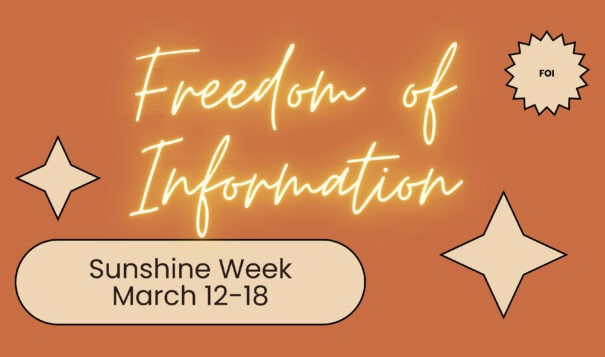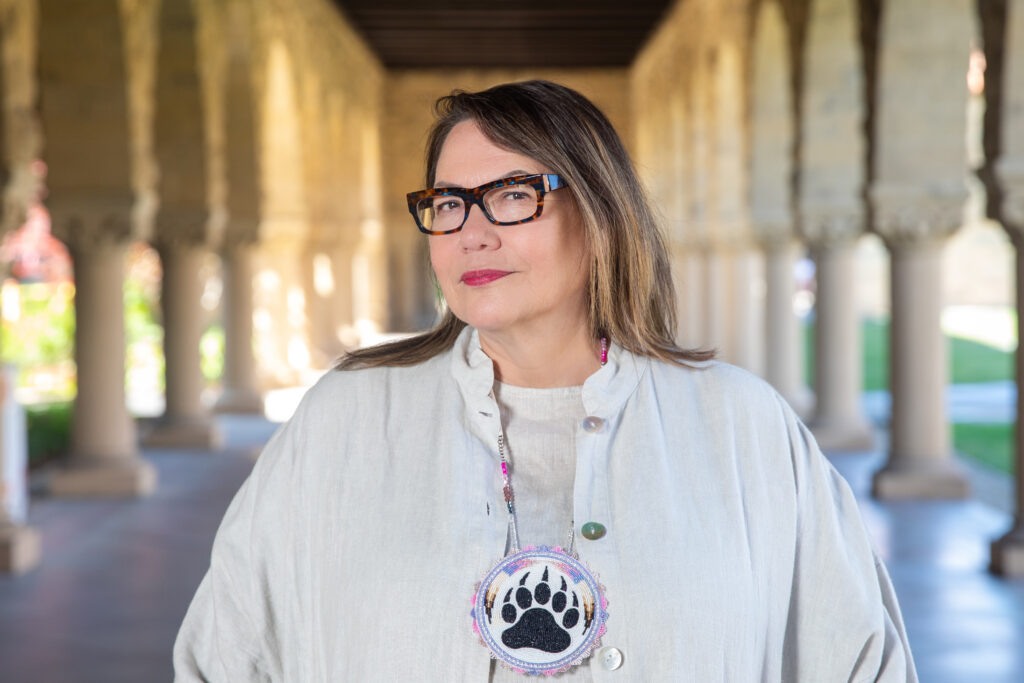Opinion Advocates for ideas and draws conclusions based on the author/producer’s interpretation of facts and data.
Sunshine Week should be celebrated in Indian Country, but we have no freedom of information laws
 Canva Illustration: Jodi Rave Spotted Bear
Canva Illustration: Jodi Rave Spotted Bear
Each year, citizens – one need not even be a U.S. citizen – file thousands of requests to access government records with any federal agency. For one week each year, we illuminate the pitfalls, and we celebrate the successes of the people’s right to access government records during Sunshine Week.
National Sunshine Week, started by the American Society of News Editors, now the News Leaders Association, is set to kick off March 12-18. It’s an homage to the free flow of information in a democratic society. Each state has freedom of information laws, similar to the federal government. These laws make government accountable to the people.
But there’s a caveat to the open-government record rule. The Native American Journalists Association estimates less than 5 of 574 Indigenous nations in the United States have freedom of information provisions, according to Bryan Pollard, NAJA’s former assistant director and also project director of the Red Press Initiative.
The lack of timely and accurate information creates news deserts in communities already pummeled by high poverty, decreased life expectancy, and high imprisonment rates — just a few examples of economic, health and social ills that might be less severe with a vibrant, independent news ecosystem.

Adherence to government transparency often falls to language in tribal constitutions. The lack of robust freedom of information laws leaves tribal citizens, journalists, and news organizations with little recourse when trying to hold Indigenous government leaders accountable. Those leaders become vulnerable to corruption.
A number of organizations around the country dedicate time and resources to help others navigate access to government records. The Society of Professional Journalists is among those celebrating Sunshine Week. When I was asked to chair the SPJ’s Freedom of Information Committee, I accepted.
This year, our committee has a slate of Sunshine Week activities scheduled, such as a 101 on how to file a FOIA request. We’re also promoting a discussion on the U.S. Documentary Special Jury Award: Freedom of Expression for “Bad Press,” a documentary about the Muscogee media battle for press freedom. On March 16, the group will present the annual Black Hole Award, a dubious distinction highlighting “the most heinous violations of the public’s right to know.”
“When I was asked to chair the SPJ’s Freedom of Information Committee, I accepted.”
JODI RAVE SPOTTED BEAR, CHAIR OF THE SPJ FOI COMMITTEE
Last year, the SPJ-FOI Committee selected Idaho’s Lt. Gov. Janice McGeachin for declining to provide records of public comment from the state’s website. In 2021, she organized a task force to examine what was taught in Idaho schools. The end goal was to prevent public schools from teaching that addressed issues such as critical race theory, socialism, and communism.
Media outlets that sought information through legal channels became targets of the political leader. The Idaho Press Club then filed suit. Finally, public comments on McGeachin’s task force were released.
Turns out that “the public feedback was overwhelmingly opposed to her education task force,” according to last year’s SPJ news release on the matter.
“By exposing such abuses, SPJ’s Freedom of Information Committee seeks to educate the public about their rights and call attention to those who would interfere with openness and transparency.”

The SPJ-FOI Committee has been reviewing the Black Hole Awards nominations sent in by journalists, open-government advocates, and tribal citizens. All nominators shined a light on roadblocks encountered when seeking information about governmental actions.
The committee will announce the Black Hole “winner” on March 16, Freedom of Information Day. The annual event recognizes the birthday of James Madison, a staunch advocate for open government and referred to as the “Father of the Constitution.”
Native citizens, those who hold dual citizenship within the United States and their respective Indigenous Nations deserve access to open government records. We have three pillars of tribal sovereignty, including self-determination and protecting our sacred.
The third pillar of sovereignty, the overlooked pillar, requires tribal leaders to “act in accordance to the will of the people,” as defined by the late legal scholar Vine Deloria Jr.
We all expect government transparency. Indian Country leaders need to evolve and do a better job to inform Indigenous citizens. Our lives depend on it.
A version of this column first appeared on March 8 in the Buffalo’s Fire newsletter.
Dateline:
BISMARCK, N.D.
